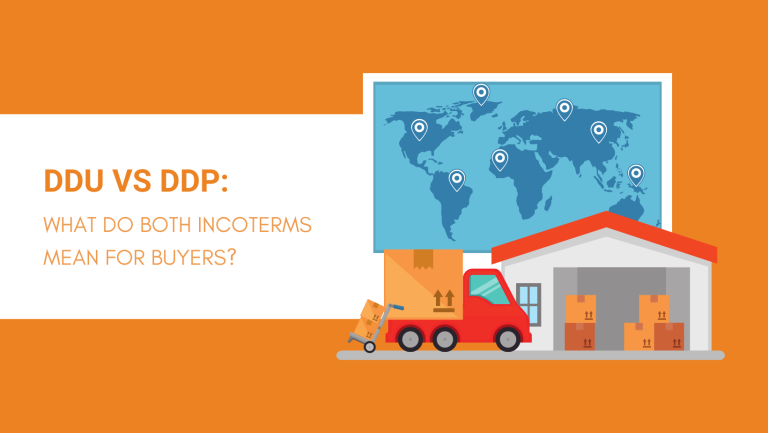International shipping is a systematic process. It comes with certain rules and regulations that are followed all over the world.
These rules are categorized as Incoterms by the International Chamber of Commerce (ICC) which specify the responsibilities of sellers and buyers in a shipping contract.
DDU and DPU are two of such shipping agreements. This article explains the overview and comparison of DDU vs DPU shipping contracts, their pros and cons for buyers and sellers, and much more.
You need to stay connected throughout this article. By the end of this article, you will be in a better position to decide which shipping contract suits your needs.
Let’s start.
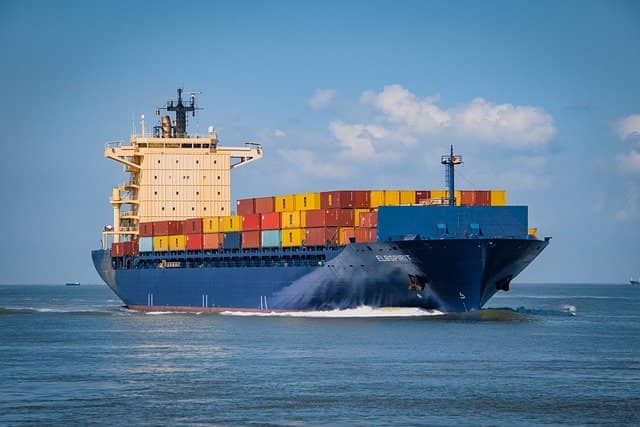
What Does DDU Mean in Shipping?
The DDU is a logistics abbreviation that stands for “Delivered Duty Unpaid”. It mainly defines that the seller’s responsibility of shipping the goods will end when he delivers the goods at the named place of destination without paying for the import duties in the country of destination.
DDU is an old name of Incoterms that was used in the Incoterms before 2010. The DDU terms have been replaced or renamed with DAP Incoterms in the latest and updated ICC Incoterms 2020.
What Does DDP Mean in Shipping?
The DDP stands for “Delivered Duty Paid”. This shipping terminology denotes the final role of a seller that ends when he delivers the goods at the named place along with paying for the import duties in the country of destination.
The DDP Incoterms are valid in ICC Incoterms 2020. It puts almost every shipping responsibility on the seller until the buyer receives the shipment at his desired place.
Let’s discuss the responsibilities and costs of sellers and buyers in DDU and DDP.
Seller’s Responsibilities and Costs in DDU
The sellers are required to do the following tasks in a DDU or DAP Incoterms.
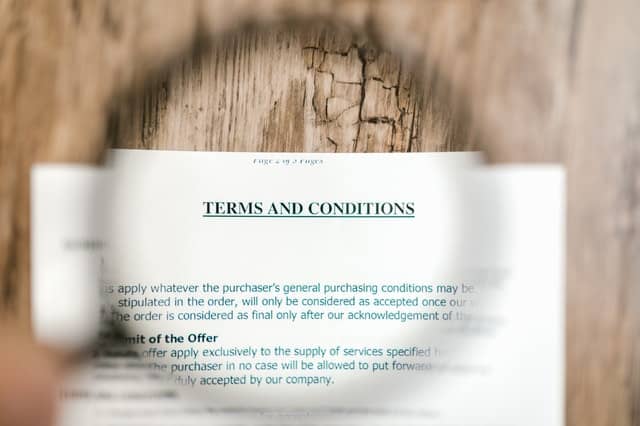
- Arrangement of goods as per the buyer’s order.
- Proper packaging and marking of goods as per the export rules.
- The seller pays for the export duties and fulfills other export formalities.
- Delivery to the port of origin.
- Loading of goods at the port of origin.
- Getting the goods cleared at the pre-shipment inspection at the port of origin along with payment.
- Also responsible for paying for the main carriage.
- Delivering the goods at the location in the port of destination as named by the buyer.
- Providing the relevant documentation including the proof of delivery to the buyer.
Buyer’s Responsibilities and Costs in DDU
The costs and responsibilities for buyers start after the seller has delivered the goods at the decided place of destination as per the agreement.
Let’s see what a seller is responsible for in DDU shipments.
- The main payment for the ordered goods as per the seller’s invoice.
- Arranging and paying for unloading the goods at the named place of destination.
- Getting the goods cleared from import customs clearance along with paying for the import duties and other customs formalities.
- Getting the shipment cleared from the pre-shipment inspection along with bearing its charges.
- Arranging and paying for the onward carriage from the named place of destination to the seller’s warehouse or the final destination of goods.
As you can see in the costs and responsibilities of sellers and buyers in DDU or DAP shipping contracts, the sellers and buyers almost have almost an equal share in the shipping steps.
Seller’s Responsibilities and Costs in DDP
The seller is supposed to have most of the responsibilities in DDP Incoterms. Have a look at the seller’s responsibilities below.
- The arrangement of goods as ordered by the buyer and sharing the commercial bill or invoice of the order.
- Providing the documentation showing that the buyer has purchased goods from the seller.
- Packing the goods as per the export SOPs along with proper marking to make the goods eligible for export.
- Custom duty clearance at the port of origin along with paying for the export duties.
- Arranging and paying for the freight to deliver the goods from the seller’s warehouse to the port of origin.
- The arrangement and payment for the main carriage along with getting the goods loaded on the main carriage.
- Clearing the goods at the customs in the port of destination and paying for all the import duties or taxes including the VAT if applicable.
- Clearing the goods and paying for all kinds of inspections on both ports.
- Arranging and paying for the onward carriage from the port to the buyer’s named place of destination.
- Sharing the proof delivery with the buyer to show that the products have been delivered at the decided place.
As you can see, almost all the responsibilities are on the seller in DDP Incoterms. The buyer just has to receive the products from the seller.
Buyer’s Responsibilities and Costs in DDP
The buyer has the following responsibilities in the DDP shipments.
- Paying for the goods that he ordered as per the invoice or commercial bill shared by the seller.
- Receiving the goods at his warehouse or business location and helping the seller unload the products at that location.
DDU vs DDP: Risks for Buyers and Sellers
Let’s discuss what risks are there for the sellers and buyers in DDU and DDP shipping agreements.

Risks for Sellers and Buyers in DDU
Just like the costs and responsibilities, both parties share almost the same amount of risks in the DDU contracts. Both sellers and buyers have to face similar shipping steps in their own countries.
The sellers face a somewhat higher amount of risks as they are responsible for the main carriage and will remain at risk until the goods are on their way.
The rest of the risks are the same for the buyers and sellers in DDU shipping.
Risks for Sellers and Buyers in DDP Contract
The seller is at risk in the DDP agreement right from the seller’s warehouse to the place of destination where the goods have to be delivered.
This place is decided by the buyer. It is the buyer’s warehouse in most cases.
So, what risks can a buyer face in a DDP contract? It is the seller who is exposed to the most risk in almost every shipping step.
That makes DDP the most secure shipping contract for the buyers.
DDU vs DDP: What Are the Similarities?
Let’s discuss the similarities between DDU and DDP contracts briefly. After that, you would be in a better position to understand the differences.
Following are the similarities between DDU and DDP contracts.
- Both apply to any mode of transportation including road, rail, air, and ocean. There is no restriction for both types of shipping contracts to apply to any single mode of transportation.
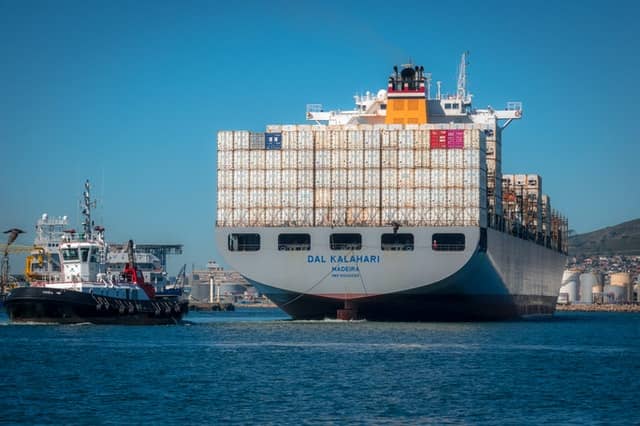
- Both DDU and DDP require the sellers to move the goods from the seller’s warehouse to the port of origin.
- The seller is supposed to clear the goods from the customs and the pre-shipment inspection at the port of origin.
- The main carriage is arranged by the seller in both contracts.
- The seller is also required to discharge the goods at the port of destination to deliver them to the decided place.
- Both contracts do not put any responsibility of insurance on buyers and sellers.
DDU vs DDP: What Are the Differences?
Now that we have understood the similarities, let’s discuss the differences between both contracts.

The following points make the DDU different from the DDP agreements.
- The main difference between both contracts, as the name suggests, is that the seller is required to clear the goods from customs of the destination port in DDP which is not the case in DDU.
- The seller’s responsibilities are not over in the country of import in DDP. The seller is supposed to clear the goods from the inspection at the port of destination in DDP contracts. The seller is free from these responsibilities in DDU.
- The seller is required to arrange for the onward carriage in DDP and take the goods from the port of destination to the buyer’s preferred location. Whereas, the onward carriage is the buyer’s responsibility in the DDU.
DDU vs DDP: What Are the Pros and Cons for Buyers and Sellers?
Let’s discuss the pros and cons for buyers and sellers in DDU and DDP contracts.

Pros of DDU for Sellers
- The seller has the most responsibilities in his own country which makes it feasible for him to do the processing.
- The seller does not have to be involved in customs and inspections at the port of destination.
- The seller is not prone to facing unexpected VAT at the port of destination.
- The seller does not have to arrange for the carriage in the country of destination.
Cons of DDU for Sellers
- The seller has a limited number of shipping steps as compared to DDP for which he could charge the buyer. This means a limited profit margin for the seller.
- The seller still has to discharge the goods at the port of destination and deliver them to the named place of destination in the buyer’s country.
Pros of DDU for Buyers
- The buyer only has to get involved in the shipping steps in his own country.
- The buyer can save costs by doing the shipping steps he is supposed to do in DDU contracts.
- The buyer can utilize his network and contacts at the customs for clearing his goods from import formalities and inspections, etc.
- The buyer can save costs in the onward carriage by utilizing his network in the local freight and cargo.
- The buyer is free to decide the place of destination where he wants his goods to be delivered.
- The buyer can expedite the process by having control over shipping steps in his own country.
Cons of DDU for Buyers
- Getting involved in customs and fulfilling their formalities can be a daunting task for some buyers.
- The buyer may face challenges in unloading the goods at the named place of destination, especially if he has not done it before.
Pros of DDP for Sellers
- As the DDP puts most responsibilities on sellers, it gives them a chance of earning huge profit margins.
- The DDP contract provides a good chance for the sellers to get to know about the shipping processes in the countries of destination.
- More responsibilities give more autonomy and control over shipping steps to the sellers in DDP.
- The seller can make use of his networking in the shipping industry to expedite the processes or to mold them in their favor.
Cons of DDP for Sellers
- The seller is at most risk in the DDP contracts. If any delays or losses happen during the shipment, these are on the sellers.
- The seller may have to face some surprises in the country of destination such as a huge VAT.
Pros of DDP for Buyers
- A DDP shipping contract provides the buyers the ultimate peace of mind.
- The buyers will just have to receive the products in their warehouse with no risks of shipment delays or product losses, etc.
- Lesser responsibilities for shipping steps would mean more focus on other business tasks and opportunities for the buyers.
Cons of DDP for Buyers
- As the buyer is free from most shipping responsibilities and risks involved in DDP, the overall DDP shipping contract will be costlier for the buyer.
- There is almost no control over the shipment. The buyer is only dependent on the information provided by the seller about the delivery.
- The buyer has no advantage of his contacts or networking in the shipping or freight industry.
FAQs about DDU vs DDP
As DDU and DDP are two of the widely used shipping agreements, we have answered the frequently asked questions regarding both.
Have a look at the answers to further clarify your concepts about both shipping agreements.
DDU vs DDP: Which One Is the Best Choice for E-commerce?
The e-commerce and shipping terms go hand in hand. Both DDU and DDP shipping terms are used in e-commerce.

It depends upon whether you want to check about the DDU and DDP terms for a B2B or B2C business model in e-commerce.
Most B2C models are run using DDP Incoterms. Did you ever have to involve clearing your goods from the customs when you buy from AliExpress in China and ask them to deliver the products to your address in the USA?
You get the products at your shipping address with no extra charges. That is because the sellers in e-commerce have already adjusted the costs of shipping in your order. These costs include everything starting from the seller’s warehouse to your address.
The other shipping Incoterms including DDU or DAP are more relevant to the B2B business where the buyers order for comparatively larger quantities.
While B2B is also a part of e-commerce, you can say that DDU or DAP Incoterms along with other shipping contracts are meant for the buyers who can afford to get involved in some of the shipping steps.
DDU vs DDP: Which Shipping Contract Is Used in Dropshipping?
As we discussed earlier, the shipping Incoterms used at B2C e-commerce is DDP. So, if you run a dropshipping store, it means that the shipping contract between you and your customers is DDP by default.
That is because customers don’t want to get involved in any of the shipping obligations. They just want their products delivered to their addresses.
Most customers would not even know about the shipping Incoterms. The shipping policy on your dropshipping website must explain to your customers that you will deliver the products at their doorstep and will charge for the shipping accordingly.
Is DDU Cheaper than DDP?
Yes. The DDU or DAP shipping term is cheaper than DDP for the buyers or customers. The reason for this is quite clear.
As a buyer, when you choose DDU shipping terms, you will only be charged with the product price along with its shipping fees until the product is delivered at the place decided by you.
You will not be charged with the fee concerning the import duties and onward carriage, etc.
But if you choose the DDP shipping terms, the seller will charge you for the processing fee that includes clearing the shipment at the port along with paying for the inspections, customs duties, VAT, onward carriage, etc in the country of destination.
Because of this, the DDU would look cheaper to you as a buyer.
DDU vs DDP: Which Shipping Contract Is Best for Buyers?
Determining the best shipping agreement depends upon your demands and the nature of your business. Both shipping agreements are widely used in international trade.
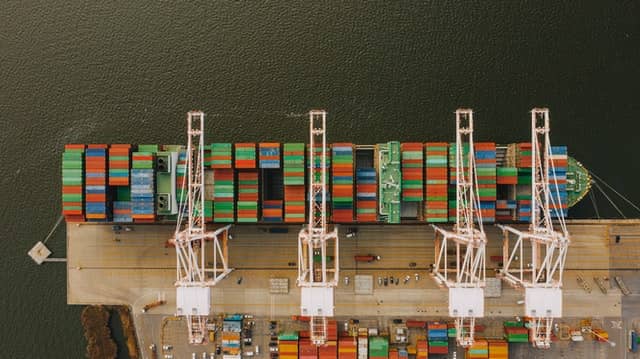
First of all, you need to decide whether you will receive the products yourself or you want the seller to deliver the products directly to your customers.
If you want the seller to deliver the products to your customers, then the DDP Incoterms might best suit your needs. That is because your customers would not have to be involved in shipping steps.
If you will receive the products yourself then you need to decide what shipping steps you can perform easily. If you can handle the steps like customs clearance and onward carriage, then you should go for the DDU contract.
Otherwise, opting for the DDP Incoterms would be a safe option for you.
Takeaway
Selecting out of the DDU and DDP agreements completely depend upon your choice and business needs. We have mainly discussed the cross-border DDU vs DDP agreements along with highlighting every aspect they can be used with.
We hope this article would have cleared your concepts regarding both shipping agreements. If you need further assistance, you can contact us anytime.
If you want to import products from China, you can ask for a free quote and our representative will be right there to guide you through every step along with the costs.
